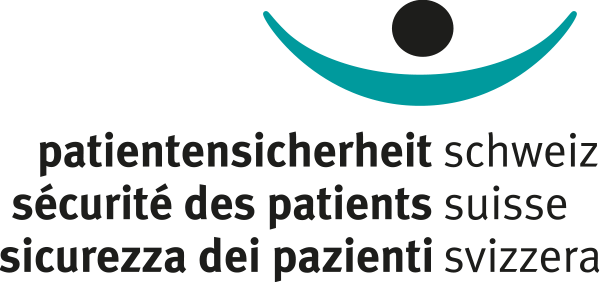
Diseases of the Liver and Pancreas, including Tumours
Do you have any questions? Benefit from personal advice on second medical opinion and choice of hospital:
+41 41 228 09 94
Various factors increase the risk of developing liver or pancreas diseases:
-
Combination of tobacco and excessive alcohol consumption
-
Unhealthy eating habits over the years (too little dietary fibre, too much red meat, and processed meat products like sausage)
-
Pre-existing conditions such as inflammation or taking of medication
- Diabetes
-
Persistent stress, lack of exercise and overweight
-
Family or genetic predisposition
-
Age over 50
Your guides:
Your checklist:
Further information:
However, the liver and pancreas have a very diverse spectrum of possible diseases. For example, both the liver and the pancreas may become inflamed – once (acute) or permanently (chronic). Therapy under medical supervision provides these treatment focuses:
-
Finding the cause of the inflammation and stopping or treating it
-
Alcohol abstinence
-
Light, low-fat diet
-
Increased fluid intake
-
Bed rest
-
Pain therapy
-
Medicinal replacement therapies for metabolic and digestive disorders
Your guides:
Your checklists:
Further information:
CONCORDIA has commissioned the institute B,B,S. Economic Consultants in Basel to evaluate the treatments and operations for cancer of the liver and pancreas in all Swiss acute care hospitals – independently, neutrally, and according to statistical quality criteria.
The quality of inpatient treatment was assessed, along with the length of stay and the hospital costs.
-
During a personal conversation, we will show you, on the basis of the results, which hospitals throughout Switzerland have excelled over the years in the treatments and operations for cancer of the liver and pancreas in terms of quality and efficiency.
-
Use our consulting offer to find out which hospital is most suitable for your treatment.
-
Naturally, you still have the choice of when and where you would like to be treated, in line with your basic and supplementary insurances.
Tumour board: Collective knowledge
For operations and treatments of the liver and pancreas, we recommend a second medical opinion. If you are covered by a hospital insurance at CONCORDIA, a second medical opinion is free of charge if you apply for it via the Lucerne Cantonal Hospital (LUKS).
Physical recovery and rehabilitation are in the foreground, but the psychological stress must be processed. It usually takes a while for nutrition, digestion and metabolism to return to normal. Pain and nausea can be relieved in most cases.
These are the other key aspects of aftercare:
-
Outpatient oncological follow-up checks with therapy recommendations from conventional medicine, and possibly from complementary medicine or palliative care
-
Possible rehabilitative measures to maintain or support your physical and psychological health
-
Medication to support the metabolic function and blood sugar regulation as well as for pain and nausea
-
Nutritional counselling and weight control
-
Avoid alcohol, minimise further risks
-
Living with a chronic illness requires very good self-management in order to be able to successfully master the various challenges in everyday life. concordiaCoach can support you in finding good solutions.
-
Get vaccinated against influenza in good time before the flu season. The best time is between mid-October and mid-November.
Your guides:
Further information:
Give us your feedback: What experiences have you had with the CONCORDIA Health Compass? Do you have questions about using it?
What suggestions do you have for us? Or maybe you didn't find what you were looking for?
Call us on +41 41 228 09 94. Or write your message to healthcompass@concordia.ch.
We would be happy to provide further assistance.




